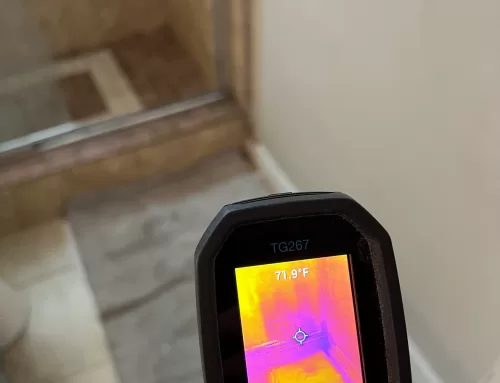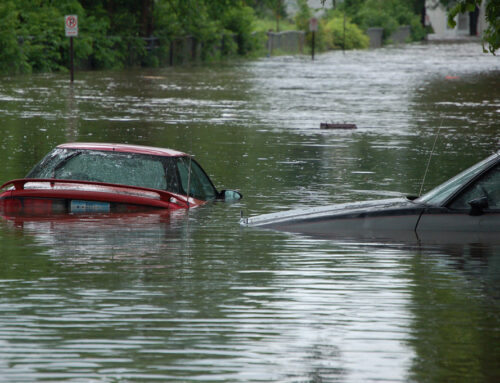
SW Florida can be a welcome home for many insects and vermin.
All year long your home will come under the threat of invasion by unwanted visitors. The warmer months can be even more challenging. Just as humans look forward to summer, insects, reptiles, and other creatures are also very active during this time of the year.
It shouldn’t surprise you to find ants swarming in the bushes, more cockroaches feeding on the trash, or mosquitoes flying around the area. It’s normal to notice these activities near your home if the creatures don’t find their way into your home.
But if you do find pests inside your home, what should you do? This is a reasonably straightforward question if you own and live in the house. But what if the home is a rental property? Whose responsibility is it to get rid of the pests, the landlord or the tenant?
Pest control in a rental property is an excellent source of conflict between landlords and tenants. On the part of tenants, pests put their health at risk and interfere with their comfort. For the property owner, pest invasion predisposes the home to damage.
Although landlords and tenants agree on the dangers pests pose to a rental, they may find it hard to decide how to remove those pests. As a landlord or tenant facing this problem, what are the guidelines for assigning pest control?

Guidelines For Pest Control In A Rental Property
When pests invade a rental property, three questions must be answered to determine where blame – and therefore responsibility – for the problem should be placed. The three questions are:
- Did the pest issue exist in the home before the start of the tenancy?
- Isthere an issue with the property that makes it prone to pest infestations?
- Is there anything the tenant is doing to encourage the problem?
The simplest way to solve pest control controversies in a rental home is to determine the cause of the problem. Once these three questions are answered satisfactorily, it becomes easier to decide the party that should be responsible for pest control.
- If there are pests in the property at the beginning of the tenancy
If problems are present in a rental before the tenant moves into the home, the landlord is responsible for removing those pests. By law, landlords are expected to take necessary steps to make a home livable before they hand it to a tenant.
This is contained in the implied warranty of habitability, an unwritten assurance a landlord gives the tenant before leasing the property to them. The warranty says that the owner has done everything to ensure the home’s safety before leasing it. We at SWF Preferred Realty and Property Management will ensure the home is free of pests and will continue to exterminate if needed for the first 30 days after move-in.
If the pest infestation issue existed in the home before the tenant’s arrival, it shouldn’t be the tenant’s responsibility.
- If pests are in the home because of an existing issue
Other scenarios that may cause pest invasion of the property include an outside trash container without a secure lid, inadequate trash removal service, or overgrown bushes close to the home, where rats or cockroaches might hide.
- If the tenant’s actions cause the pest problem
Tenants may draw pests to a rental property through their negligence. A typical case is when tenants fail to keep the property clean, making it attractive to pests. The tenant might leave garbage outside in an open container. Another culprit to attract pests is leftover food overnight in the sink, counters, and even kitchen garbage that is not properly covered.
Tenants may also fail to take trash outside to the trash container or neglect to cover the trash can altogether. Pests can smell that rotting food in your home alot earlier than you can. Another way tenants become liable for pest control is when they unintentionally bring pests to the home with their moving boxes or inside a grocery store box.
No matter when or how, the Landlord should be notified when there is a pest problem so both tenant and landlord can take appropriate action to remedy the situation before it gets out of hand.




